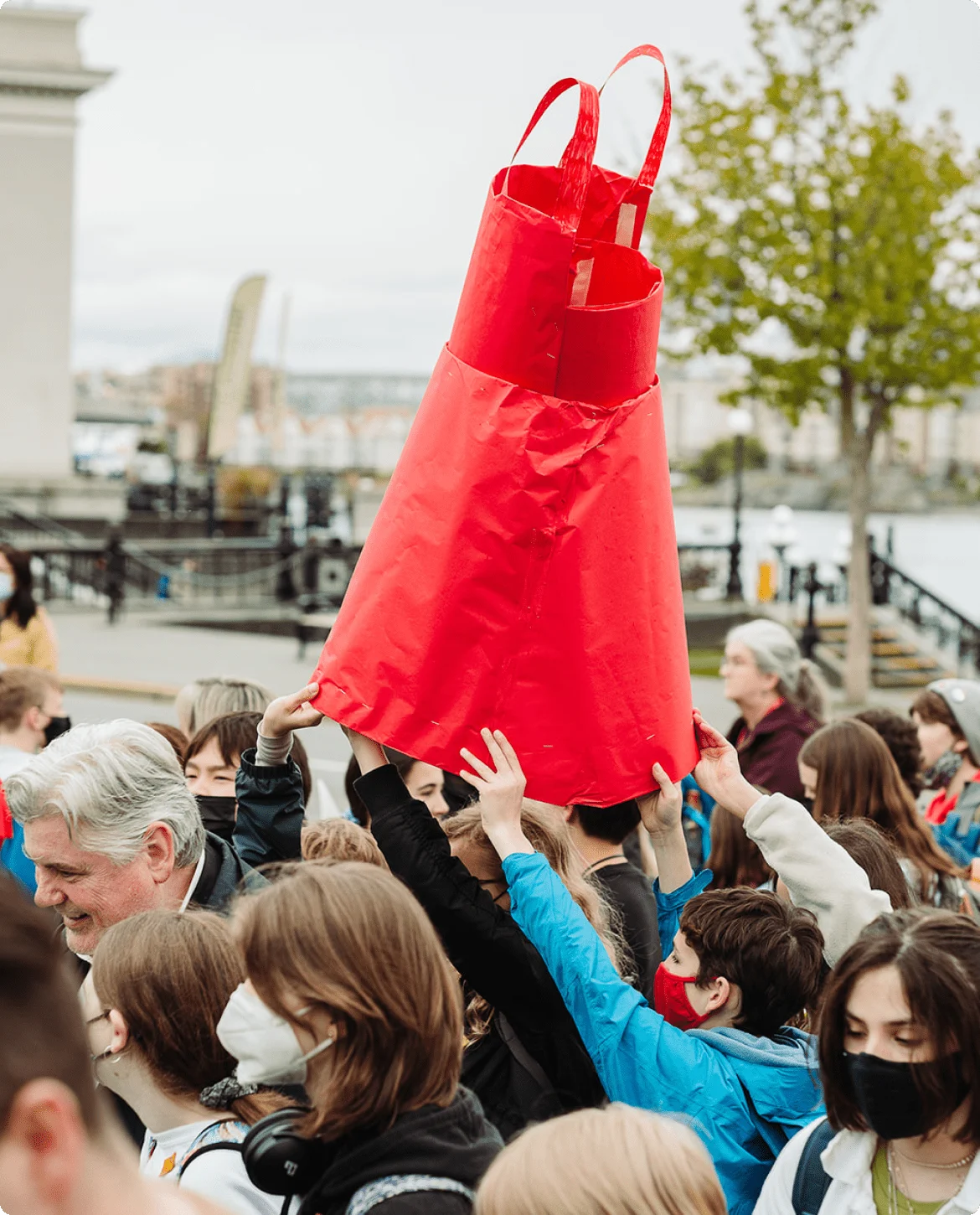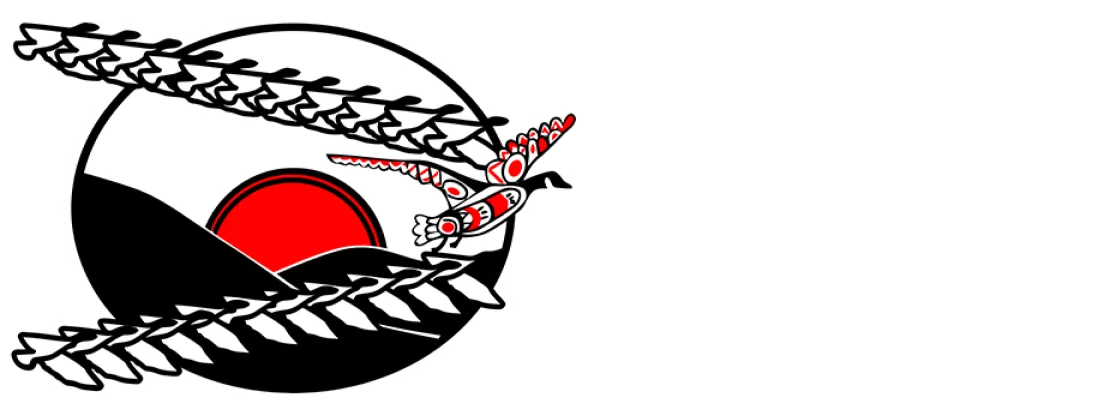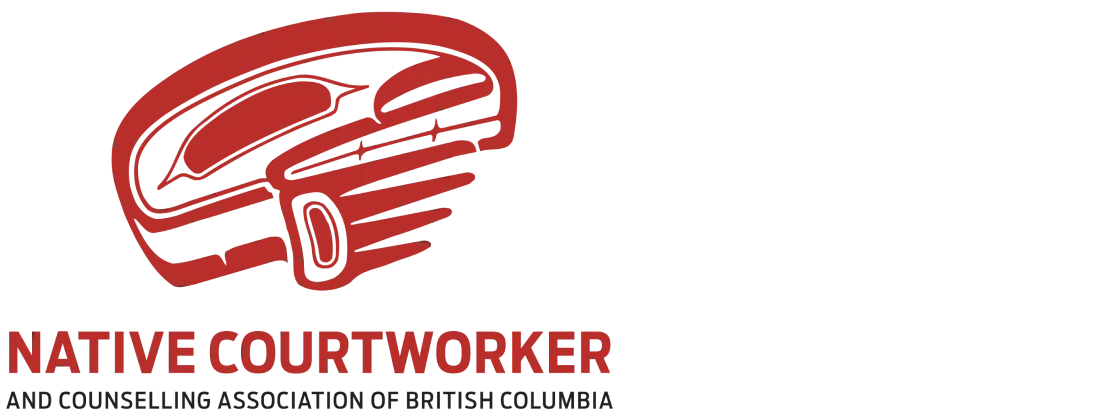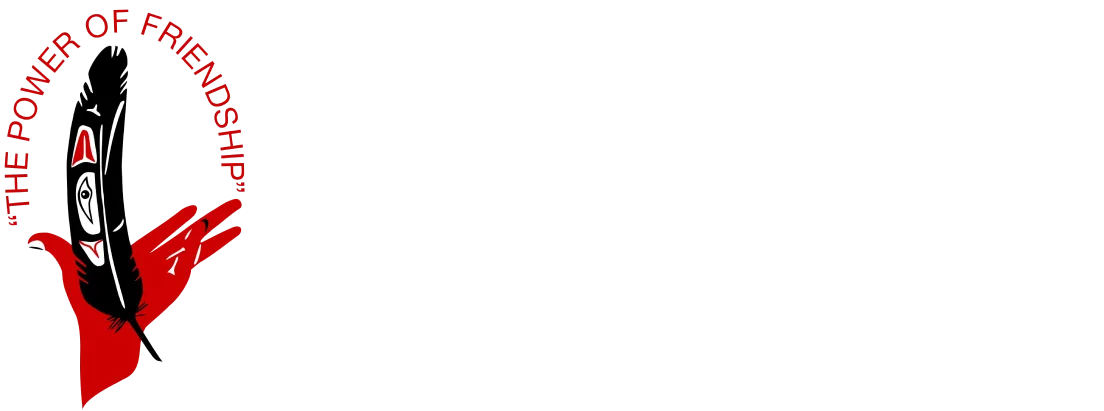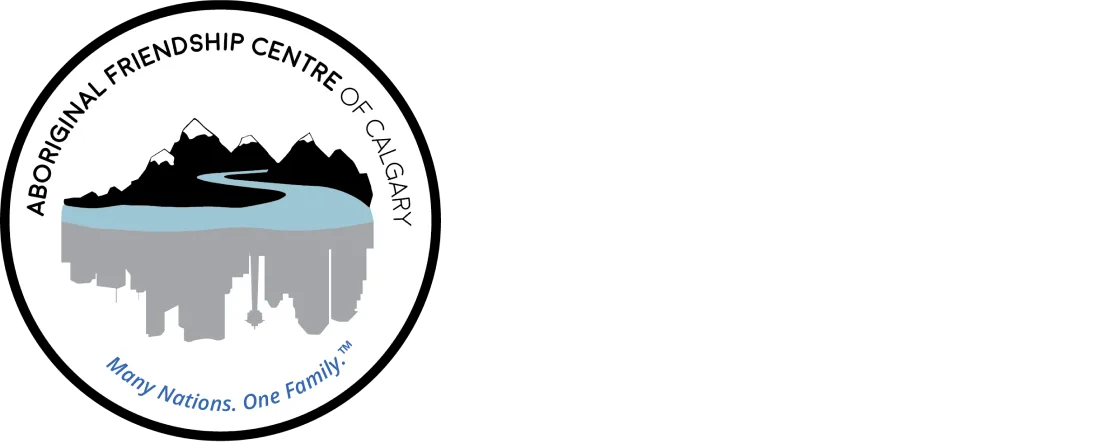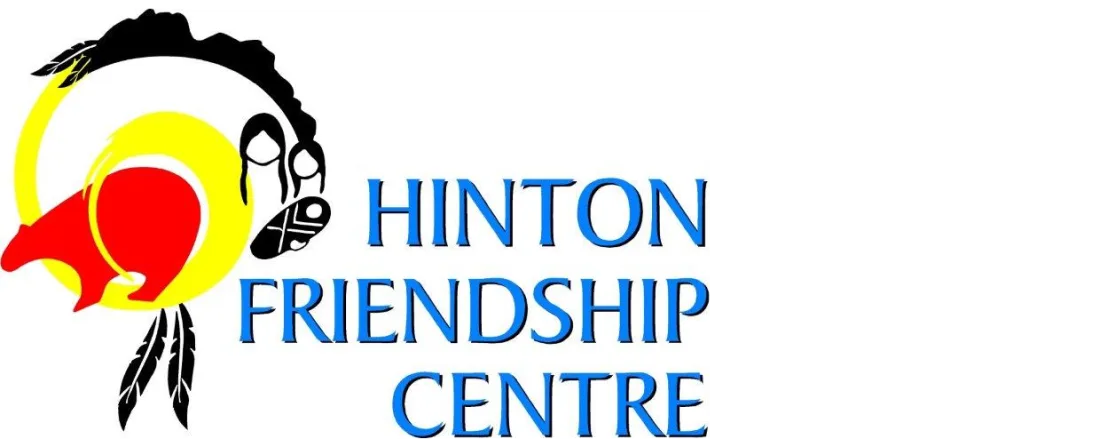Supporting Indigenous Women at risk
Developed in partnership with Indigenous-led organizations, Mobility for Good® for Indigenous Women at Risk provides free smartphones and data plans to Indigenous women at risk of or surviving violence, helping them stay connected and safe.

Photo: Atl’kitsem | Texwnéwets | Howe Sounds, B.C. David Ward, Lil'wat First Nation
Providing a critical lifeline
While Indigenous women and girls make up only 4% of the total female population in Canada, they represent 24% of female homicide victims, and are 12 times more likely to be murdered or go missing than any other women.*
Having a free smartphone and fully subsidized talk, text and data plan gives these women a critical lifeline to timely emergency services, reliable access to virtual healthcare and wellness resources, and the ability to stay connected to their friends, family and support networks.
*As established by Reclaiming Power and Place:
*As established by Reclaiming Power and Place:
The Final Report on Missing Murdered and Indigenous Women
. 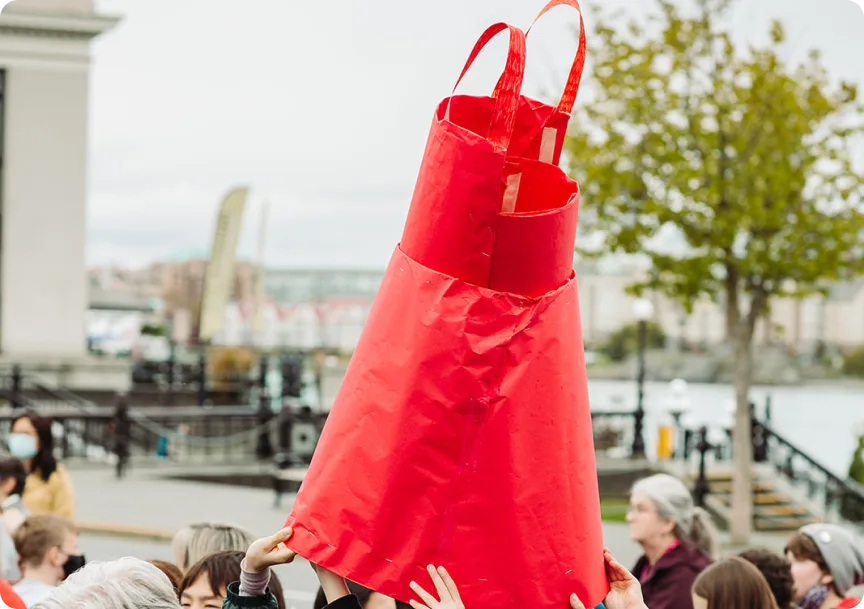
About this image: Installed in public spaces throughout Canada and the United States, the
REDress Project
is a visual reminder of the issue of missing or murdered Indigenous women across Canada.Committed to advancing Reconciliation
Mobility for Good for Indigenous Women at Risk is part of TELUS’s larger response to the
231 Calls for Justice
, specifically Call for Justice 15, established by Reclaiming Power and Place: The Final Report on Missing Murdered and Indigenous Women
. It exemplifies how we are leveraging our technology to support Indigenous-led organizations and Indigenous-led solutions designed to advance Reconciliation.In partnership with Indigenous-led organizations, we have supported over 3,450 Indigenous women, girls or gender diverse people to date. Together, we plan to expand the reach and impact of this program.
Partners in reconciliation
Mobility for Good for Indigenous Women at Risk offers smartphones and data plans to partner organizations, who then distribute them to Indigenous women at risk of or surviving violence. If you would like support through this program, please contact the Indigenous-led organization listed below nearest you.

BC Association of Aboriginal Friendship Centres
The British Columbia Association of Aboriginal Friendship Centres (BCAAFC) is the provincial umbrella organization that supports the 25 Friendship Centres in BC. It promotes the rights and interests of Indigenous peoples living in urban areas by advancing their self-determined vision of health and wellness.

Native Courtworker and Counselling Association of BC
The Native Courtworker and Counselling Association of British Columbia offers culturally-appropriate services to Indigenous people and communities consistent with their needs, providing quality, innovative and educational options where people are treated with dignity and respect.

Prince George Native Friendship Centre
The Prince George Native Friendship Centre (PGNFC) is a non-profit, non-sectarian organization dedicated to servicing the needs of Aboriginal people living in the urban area. Fundamental to this is recognizing the inherent worth of all peoples regardless of race, creed, sexual orientation or culture, and promoting this view in the community at large.
"This is an important step towards increasing our capacity to provide culturally safe and inclusive anti-violence services delivered by and for Indigenous people."Leslie Varley, Executive Director of the BC Association of Aboriginal Friendship Centres (BCAAFC)
“Our clients have expressed sincere appreciation when they receive a smartphone. Never expecting such assistance, for them this service is an immediate solution to the extreme situation they are facing.”Darryl Shackelly, Executive Director of Native Courtworker and Counselling Association of British Columbia
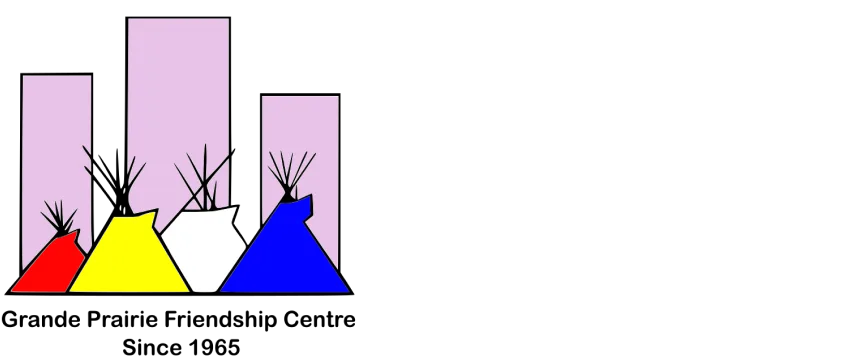
Grande Prairie Friendship Centre
The Grande Prairie Friendship Centre was established in 1965 to enhance the quality of life of urban Indigenous people and the larger community, while promoting understanding and respect for traditional Indigenous culture.
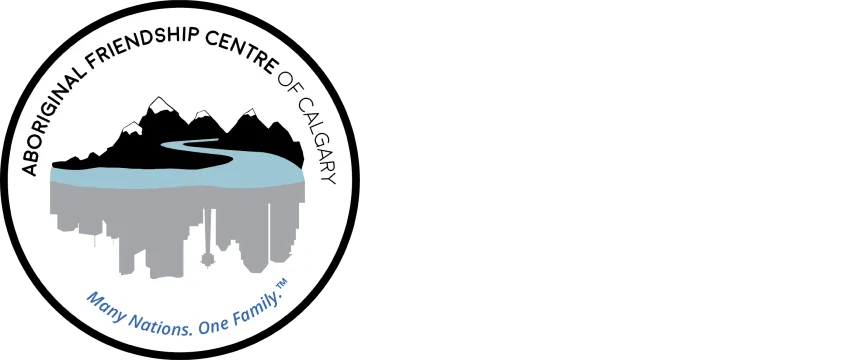
Aboriginal Friendship Centre of Calgary
The Aboriginal Friendship Centre of Calgary (AFCC) is a non-profit organization that provides social, cultural, education and employment services to Indigenous peoples within the Calgary Metropolitan area. AFCC plays a significant role in the daily lives of its members, offering cultural and spiritual care for children, the elderly, the needy and people experiencing homelessness.
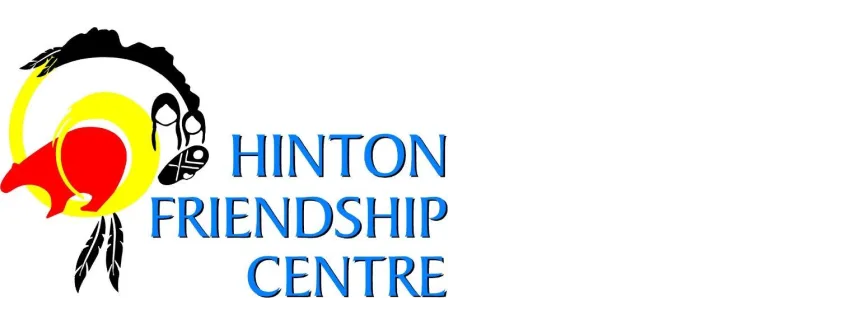
Hinton Friendship Centre Society
Hinton Friendship Centre offers free programs, services and support to both Indigenous and non-Indigenous people, working with other community organizations to deliver value and make a difference. Programs and services include support for families, children, youth and elders, residential school survivors, secondary school students and other community members.
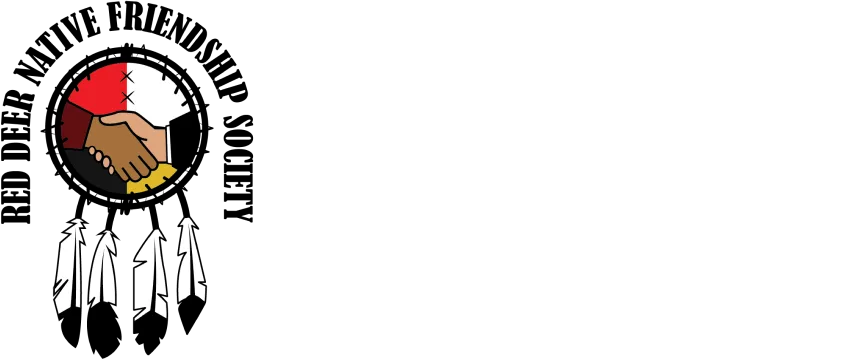
Red Deer Native Friendship Centre Society
Red Deer Native Friendship Society is a non-profit Indigenous agency that offers Indigenous cultural teachings and family services. Its goal is to make cultural connections and bring awareness of Indigenous people and culture through the Four Directions Family Support, Pimacihowin Housing, and Nanâtawihowin Connections to Healing teams. Together they provide services to Red Deer residents.
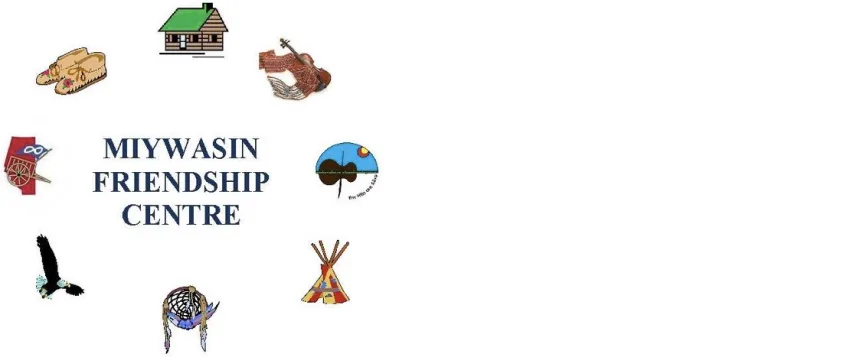
Miywasin Friendship Centre
Miywasin Friendship Centre targets the needs of the Indigenous community in Medicine Hat, AB. Through partnerships like TELUS’ Mobility for Good for Indigenous Women at Risk, it supports community members impacted by gendered and domestic violence, highlighting the importance of Indigenous culture and traditions in healing and moving forward.
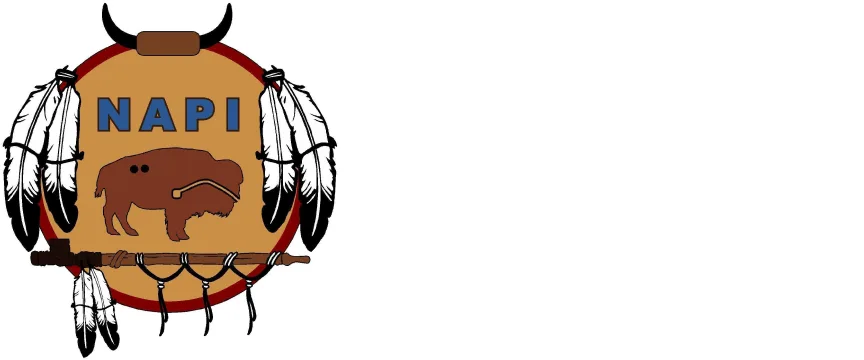
Napi Friendship Association
Located in Pincher Creek, the Napi Friendship Association has provided cultural support, youth programs and social services to local Indigenous communities since 1975. It focuses on building positive intercommunity relationships while supporting elders, families and youth.

Bent Arrow Traditional Healing Society
The Bent Arrow Traditional Healing Society is a non-profit organization that supports the mental, emotional, spiritual, and physical well-being of Indigenous children, youth, and families within Edmonton and the surrounding areas. They aim to provide culturally tailored programming that promotes the healing, resiliency, and cultural connectedness of the community.
“Finding ways to support Indigenous women with timely access to emergency response services and community programming is an important aspect to addressing the needs of Indigenous women experiencing violence.”Joanne Mason, Executive Director of Alberta Native Friendship Centres Association
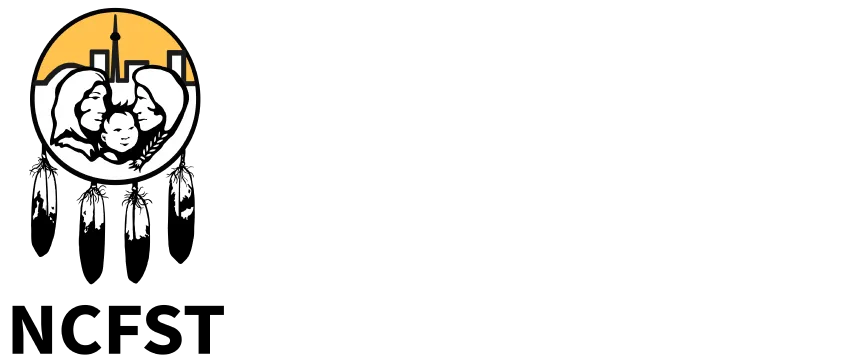
Native Child and Family Services of Toronto
Native Child and Family Services of Toronto (NCFST) is a multi-service urban Indigenous agency providing holistic, culture-based services. NCFST strives to provide a life of quality, well-being, healing and self-determination. We do this by implementing a service model that is culture-based and respects the values of Indigenous people, the extended family and the right to self-determination.

Native Women’s Resource Centre of Toronto
Native Women’s Resource Centre of Toronto provides a safe and welcoming space for Indigenous women and their children. Programs address essential needs, including housing, families, advocacy, employment, education and trauma recovery, while offering access to ceremonies with traditional healers.
“Low-barrier access to smartphones supports wellness for Indigenous women, both as a critical safety measure and also a means of maintaining connection with family and community.”Melissa Hamonic, Director, Holistic Services, Native Child and Family Services of Toronto
“It is more than a phone or device, it’s connection to community, learning, culture and sometimes, a lifeline.”Pamela Hart, Executive Director, Native Women Resource Centre of Toronto

Quebec Native Women
Quebec Native Women is a non-profit organization which has defended the rights and interests of Indigenous women in public policy for 50 years, supporting women in their pursuit of equality, justice and improved well-being and in their involvement in their communities. The organization Quebec First Nations Women’s Space – Quebec acts as a front-line responder and point of entry to reception, referral and listening services for First Nations women in Quebec who are victims of any form of violence (domestic, family or sexual).
Making an impact
With the support of our partners, Mobility for Good for Indigenous Women at Risk is changing lives.
3,450+
Individuals supported
38
Indigenous-led partner organizations distributing handsets
Giving the gift of hope
Leaders from our Indigenous-led partner organizations speak about how providing Indigenous women at risk with access to a mobile phone and plan empowers participants to improve their safety and well-being.
Non-profit organization requests
If you’re a not-for-profit seeking assistance not currently available through one of our Connecting for Good programs, please submit your request below.


